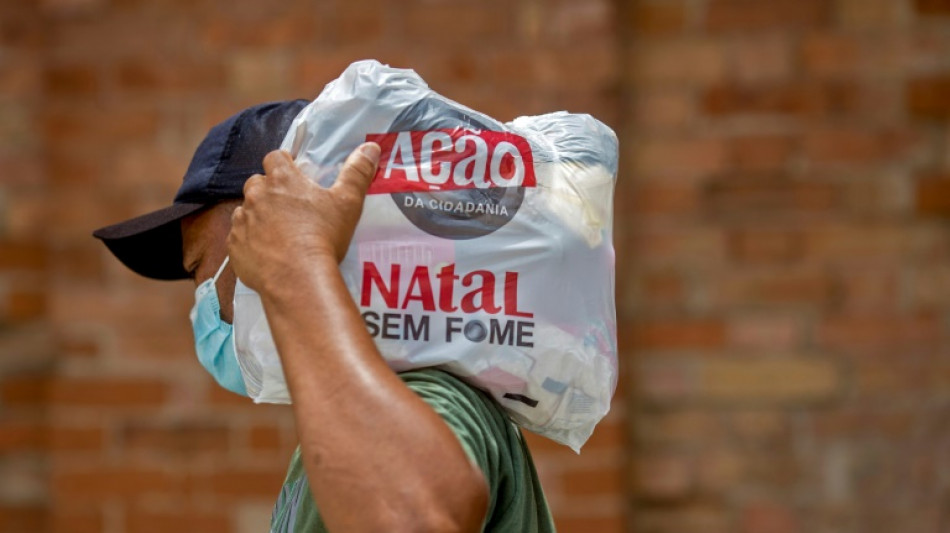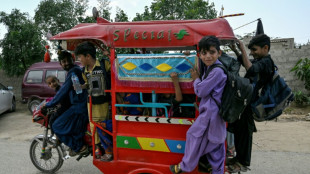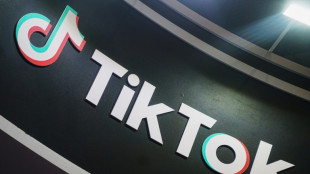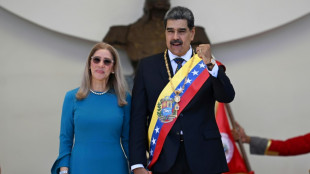
| BCC | -1.31% | 115.88 | $ | |
| RBGPF | 100% | 60.49 | $ | |
| RIO | 0.36% | 58.84 | $ | |
| GSK | -1.99% | 33.09 | $ | |
| RELX | -0.86% | 46.37 | $ | |
| BTI | -2.34% | 35.9 | $ | |
| CMSD | -0.65% | 23.25 | $ | |
| SCS | -3.01% | 10.97 | $ | |
| NGG | -3.3% | 56.13 | $ | |
| JRI | -1.16% | 12.08 | $ | |
| BCE | -2.92% | 22.96 | $ | |
| AZN | 0.64% | 67.01 | $ | |
| RYCEF | -0.42% | 7.07 | $ | |
| BP | 0.54% | 31.29 | $ | |
| VOD | -1.99% | 8.05 | $ | |
| CMSC | -0.79% | 22.92 | $ |

'Historic setback' for Brazil as hunger surges
The number of people living in hunger in Brazil has surged 73 percent in the past two years, a "historic setback" for a country that had made huge gains against poverty, a report said Wednesday.
Around 33.1 million people in Latin America's largest economy are living in hunger, up from 19.1 million in 2020, said the report from the Brazilian Network for Research on Food Security.
That represents 15.5 percent of households in the country of 213 million people, according to the study, which was based on data collected between November 2021 and April 2022.
More than half the country -- 125.2 million people -- suffers food insecurity of some kind, meaning they are in hunger or do not know if they will have enough to eat in the near future, it added.
That figure was an increase of 7.2 percent from 2020.
The "historic setback" is the result of "the ongoing dismantling of social policies, the worsening of the economic crisis, the increase in social inequalities and the second year of the Covid-19 pandemic," the report said.
It even found increased food insecurity among those benefiting from a new social program called "Auxilio Brasil," which President Jair Bolsonaro launched this year.
The average payment under the program, 500 reais (around $100), has been eroded by annual inflation of 12.13 percent.
Images of hungry Brazilians digging in the trash for food have become commonplace as the country has struggled to bounce back from the pandemic.
The researchers found food insecurity affected more than half of rural households and a "terrifying" 27.4 million people in urban areas.
Hunger nearly doubled among families with children younger than 10, affecting 18.1 percent of them.
Black and mixed-race Brazilians are hardest hit, at 18.1 percent of households, versus 10.6 percent for whites, the report said.
W.Lejeune--JdB



